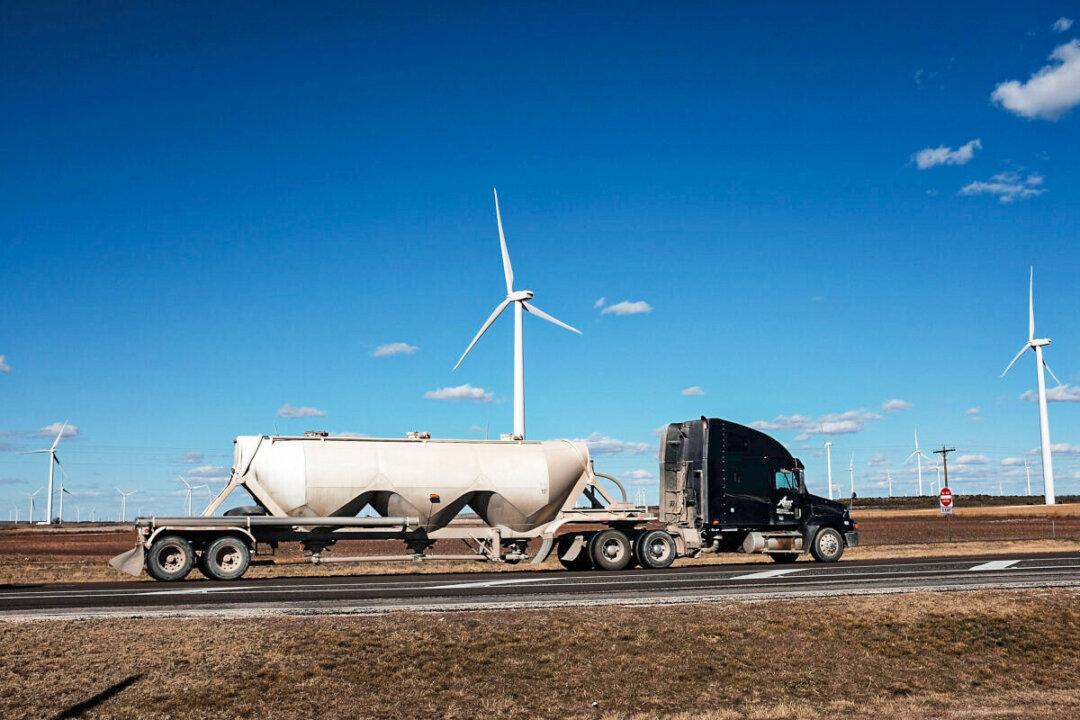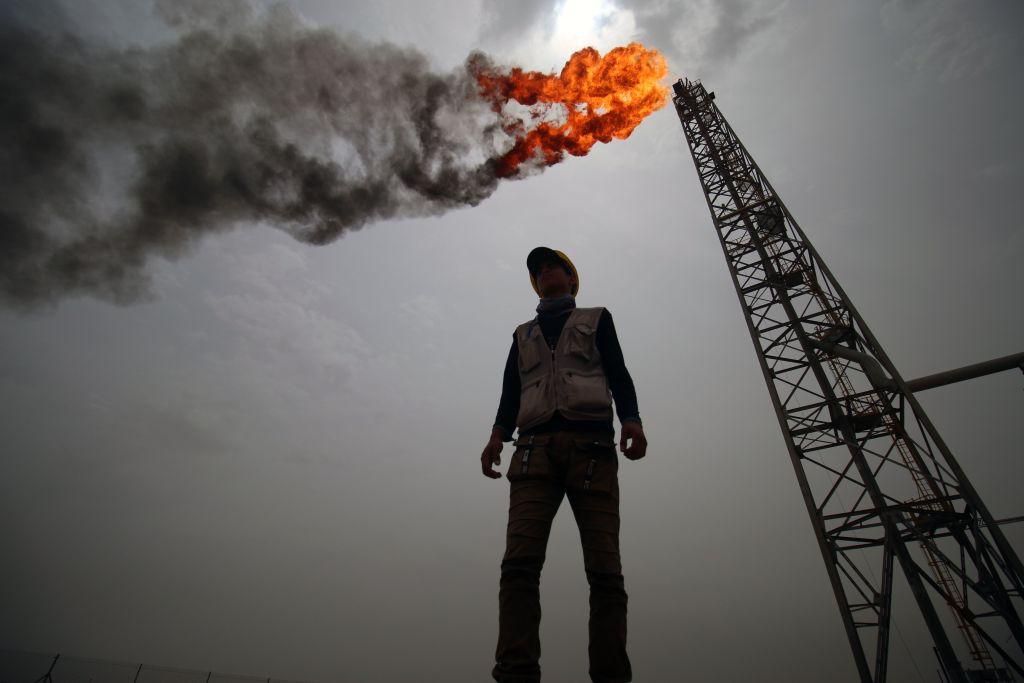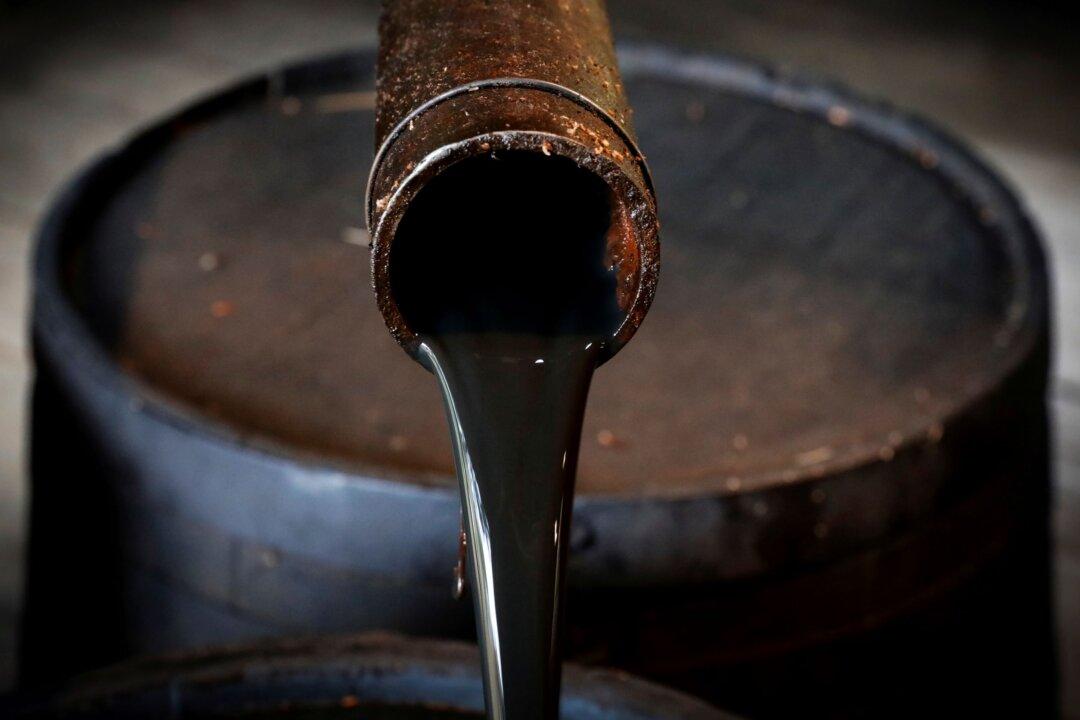Commentary
The 2022 United Nations Climate Change Conference (COP27) was recently held in Egypt, attracting many global elites and more than 400 private jets. All attendees recognize that climate change is occurring, as it has for 4 billion years—but it seems most lack basic energy literacy, which starts with the knowledge that renewable energy is only intermittent electricity generated from unreliable breezes and sunshine and can’t replace fossil fuels.





